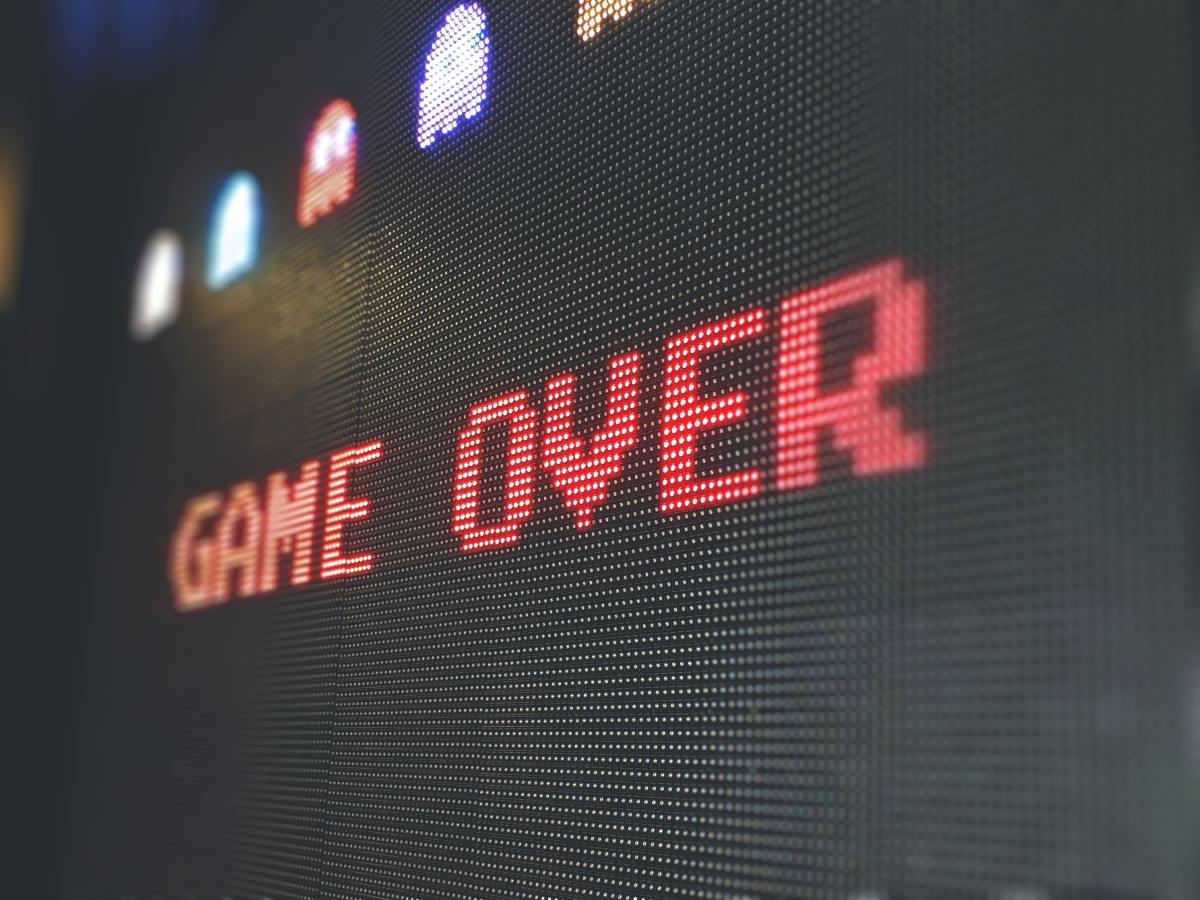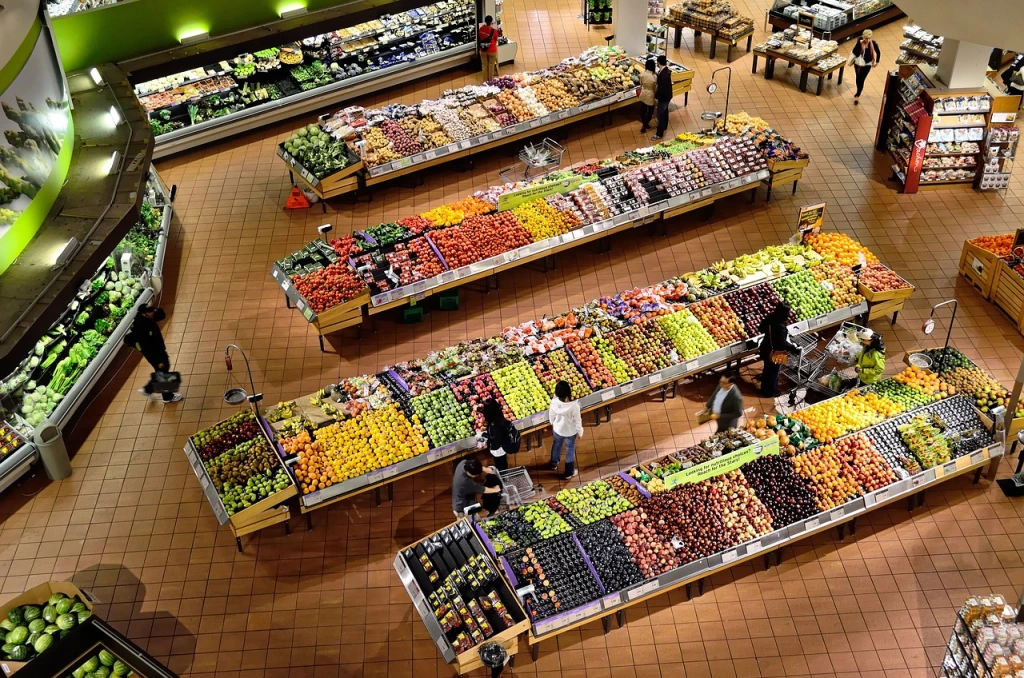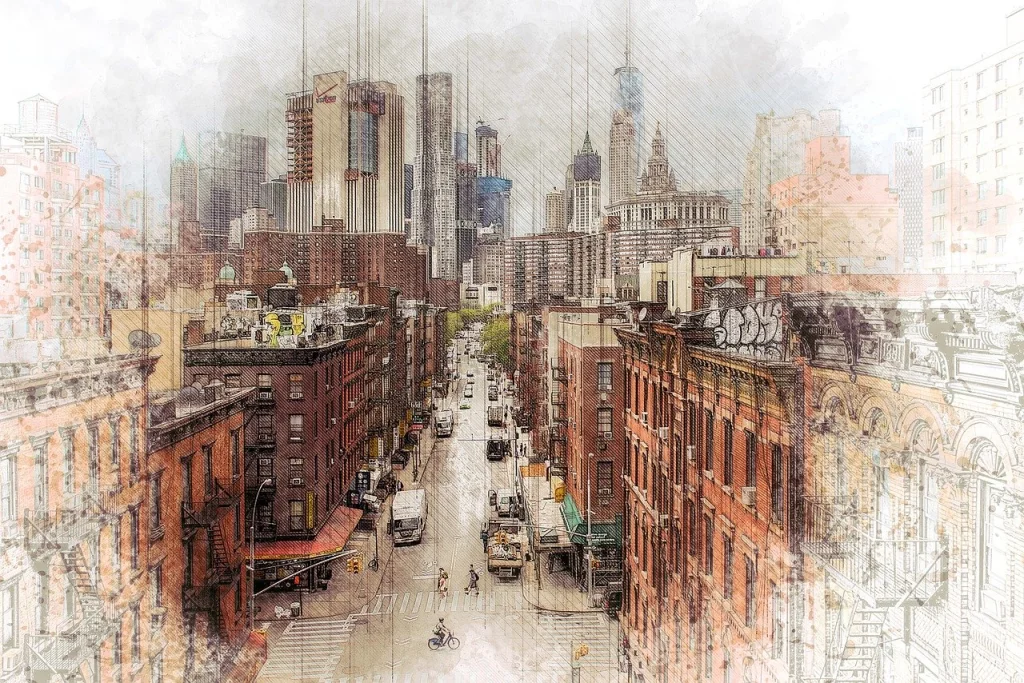In the book Energy and Civilization A History, Vaclav Smil combines energy, anthropology, technology, economics, and history into a beautiful tapestry that is far more enjoyable to read than the name of the book implies.
While some of it goes over my head, the parts that don’t are enlightening and entertaining.
Early in the book he introduces the concepts of energy efficiency and the Jevons paradox.
Allow me to explain the Jevons paradox using words with far less syllables than Smil: the more efficient energy becomes, the more of it we use.
The Jevons paradox (named after the economist Stanley Jevons) suggests that as technological advancements increase the efficiency of resource use, it may paradoxically result in higher overall consumption of that resource.
For example, if your car is more efficient, you may be inclined to drive it more or drive it further. This can result in you using more gasoline than you otherwise would have with a less efficient model.
That’s an interesting side effect of progress.
For example, in 1990, the average miles per gallon for a standard light-duty passenger vehicle was 23 mpg. Today that number is about 32. We created more fuel-efficient cars. This was due to a combination of policies, consumer preferences, and manufacturer innovations.

Governments used different policy mechanisms such as incentives (remember Cash for Clunkers?) or regulations to spur manufacturers to create more efficient cars, and eventually, consumers demanded a certain level of efficiency because it was better for their wallets and better for their environment.
No one would choose a vehicle that gets 20 mpg, when a similar one that gets 30 mpg is available for the same price. Pretty soon vehicles with too low of gas mileage aren’t even available anymore and the entire baseline of the market rises.
We like cheap, convenient fuel. But we also like clean air, fresh water, and stable temperatures. This is why we try to become more efficient with our fuel usage over time.
Related:
10 Tips to Save Money While Saving Our Planet
Here are 10 environmentally friendly ways to protect the green in your wallet and the green in our planet. (4 min read)
Energy sources like coal, oil, and natural gas are dense. They don’t take up much space for the power they provide. They’re cheap, too. That’s why it’s been so hard to displace them as fuel sources for the better part of 2 centuries.
As energy expert Scott Tinker succinctly says, “Burn coal, create steam, turn a turbine, power a generator, create electricity.” It’s simple and concentrated. But fuel sources like coal emit a lot of pollutants and greenhouse gases.
This is the tradeoff.
And because we can’t just quit oil and coal overnight (for plenty of reasons outside the scope of this article), we need to use them more efficiently.
However, as fuel gets cheaper, and technologies get more efficient, the Jevons paradox comes back into play.
With old incandescent light bulbs, your electricity bill would have been high if you left them on all the time. This is why us Millennials grew up with our parents yelling at us to turn the lights off when we left a room.
However, with the advent of LED bulbs which use only a small fraction of the electricity that older bulbs used, one may be inclined to simply leave their lights on all over the house for hours on end simply because it’s convenient.
In the end, they may use more electricity than a frugal 1990’s energy user shutting lights off each time they left a room.
Admittedly, Smil notes “the Jevons paradox is weaker in affluent countries that have reached high per capita energy use saturation levels (Goldstein, Martinez, and Roy 2011).”
It’s still a fascinating quirk of progress.
As we get more, we want EVEN more.
The same thing happens with money.
As you earn more of it, you spend more of it. And if left unchecked, you may begin to spend more than you otherwise would have. This is called lifestyle inflation. But it starts off as lifestyle creep. Small, subtle shifts in your life that are hard to reverse.
For example, eating out is expensive. But as you earn more money and work harder, it can be easy and tempting to simply order DoorDash, drive to a nearby restaurant, or buy more pre-cooked meals.
Habits set in and sooner or later you are eating out 4-5 times per week. Not a concern by itself, but this mentality can then show up in many other areas of life.
Perhaps more perniciously, you make a career move, get a few raises and decide to buy a new house in a nice neighborhood.
But then you notice everyone around you drives a nicer car than you. You resist for awhile, thinking that status symbols don’t mean anything to you. But sooner or later you decide you’ve earned it, so you buy a nicer car. Not as a status symbol, you think to yourself, but as a little reward for working so hard.
After all, money is for spending, isn’t it?
At some point, earning more money may result in you spending even more as a percentage than you did before. This is perfectly normal and expected to a point. It’s when you’re earning 6 figures but living paycheck to paycheck that it becomes a problem.
The best way to avoid this trap is to simply know what you value and constantly reassess.
Two examples from my life:
I used to buy normal eggs. They were cheap and a good source of protein. I knew in the back of my mind how awful factory farms were for hens, but I pushed the thought out of my mind because a dozen eggs for a dollar was too good of a bargain for my relatively poor 23-year-old self.
Now that I’m older and make more money, I am perfectly happy to purchase eggs from and support free-range farms ethically raising chickens without suffering and misery. I value the quality of life of the animals more than I value saving a few extra dollars.
I also want a Tesla Model 3. But not the base model. I want the fast one. The dual-motor AWD long-range performance Model 3 that costs an extra twenty grand.
But, why?
The base model is just as good for the environment (in fact it’s a little better because it’s more efficient). It gets me from point A to point B all the same. It looks very similar and handles incredibly well, too. I drove one through the mountains of Montana for a week and had a blast.
But as I’ve begun to earn more money I’ve convinced myself that it’s okay to spend even more than I otherwise would on transportation. To buy the performance model!
And it’s precisely in the middle of this little argument with myself in my head that I realize I do not value the ego-driven drive for prestige and power I don’t really need in a car.
I value financial security and the optionality and anti-fragility it comes with.
Knowing what you value and being honest with yourself is a difficult but useful exercise to avoid the over-consumption of your second most important resource in life, money. (The first, of course, being time.)
P.S.
Notice how there are no ads on my entire site? It’s because I value the time of my readers. Subscribe below to become one! No scrolling past ads for life insurance or mattresses on my site. In fact, as a subscriber, you’ll receive a new article on the first of every month delivered straight to your inbox, ad-free.
More reading:
Meditation Practice Can Increase Your Stock Market Returns
Insights from meditation can help you become a more calculated investor, especially in the face of market uncertainty. (4 min read)
How I Graduated College with Zero Debt and a New Car (And How You Can Too)
Spoiler alert: it’s not exciting. But it works. (10 min read)









You must be logged in to post a comment.